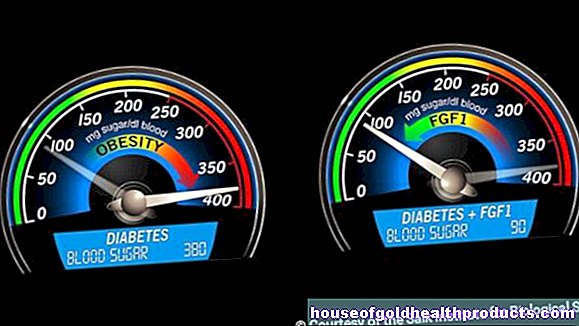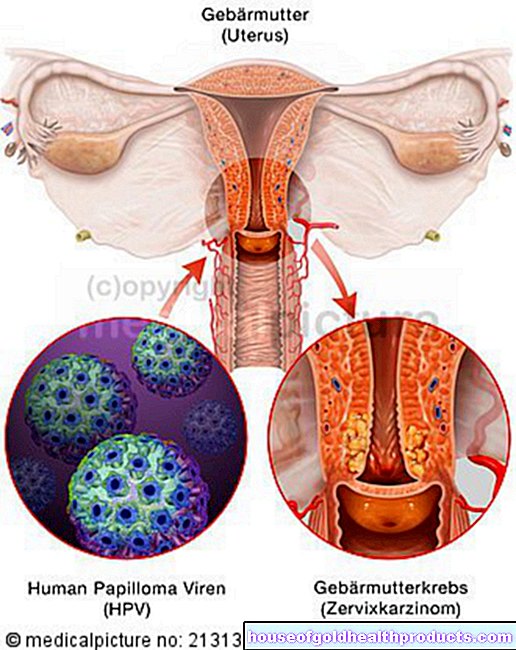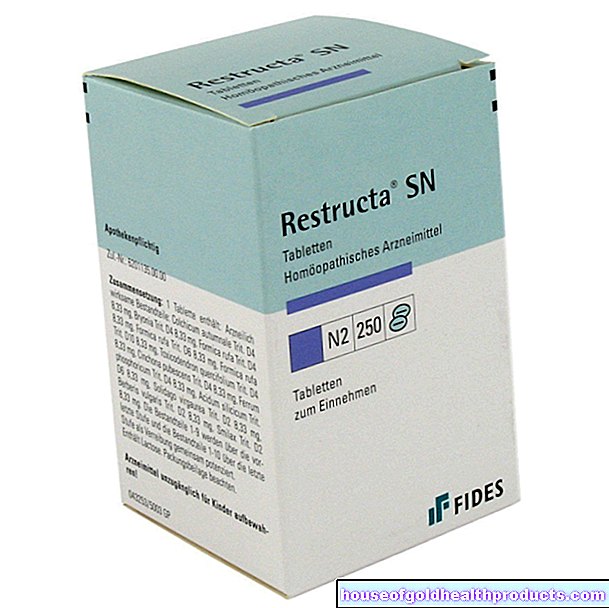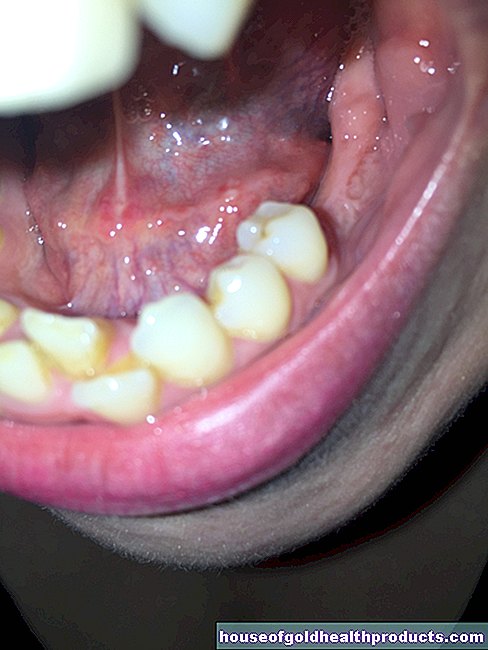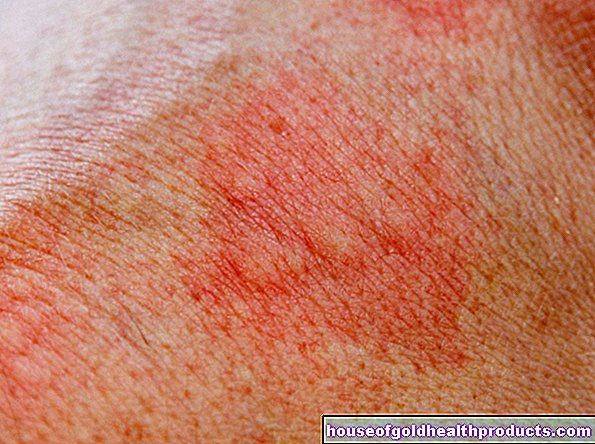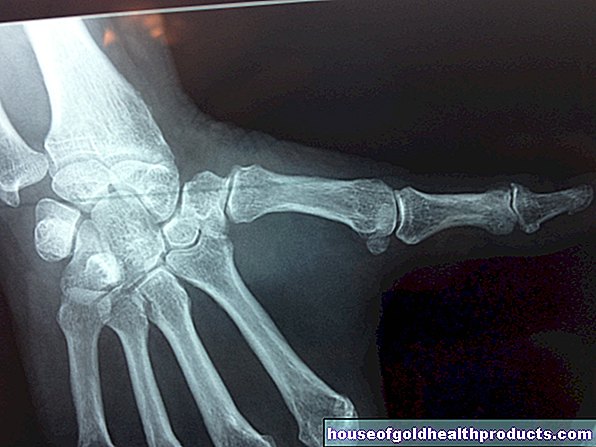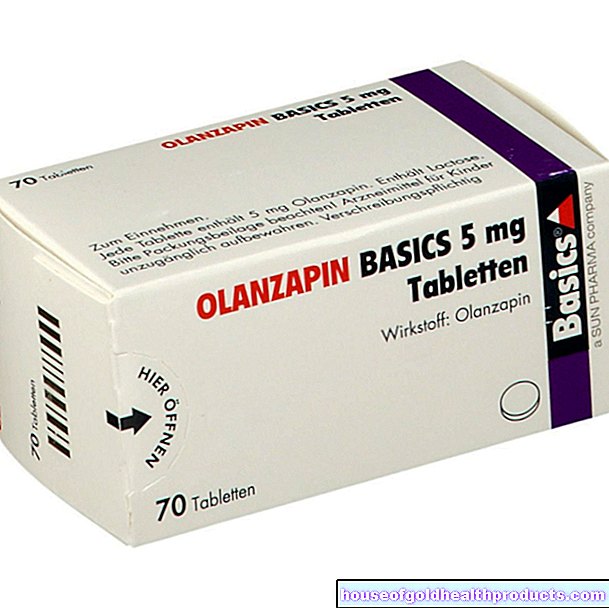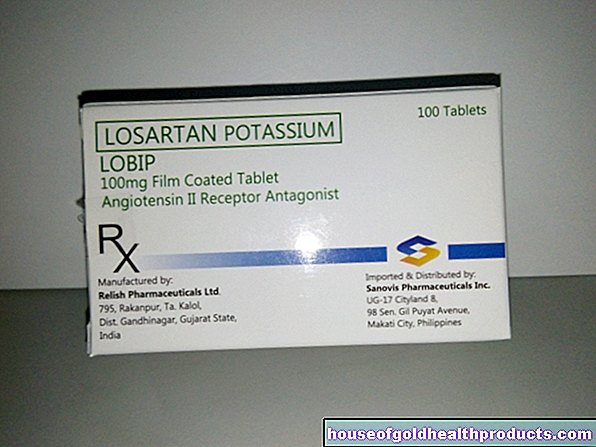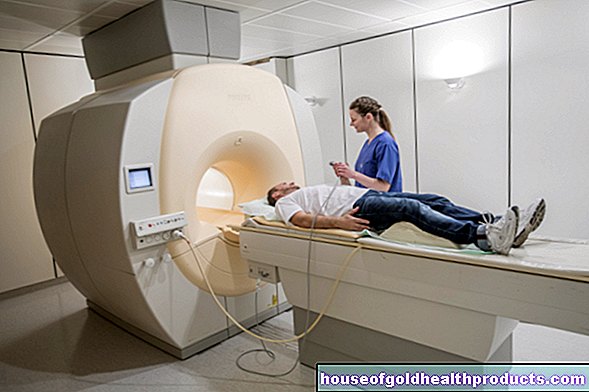Infections go to the heart
All content is checked by medical journalists.Anyone who experiences severe infectious diseases in their childhood bears a significantly higher risk of cardiovascular diseases later on - even at a comparatively young age. This also applies to largely underestimated childhood diseases such as measles or chickenpox.
The mechanism behind this phenomenon has been known for a long time: immune cells, which increasingly circulate in the blood during infections, play a key role in the formation of inflammatory plaques in the blood vessels. The result is arteriosclerosis and thus a higher risk of heart attack and stroke. For example, people who suffer from chronic inflammation - such as chronically inflamed gums, are more likely to have heart attacks or strokes for this reason.
But apparently temporary infections in childhood can also promote atherosclerosis. Researchers led by Adriany Qanitha from the Academic Medical Center in Amsterdam have now investigated the effects of severe childhood infections on the condition of blood vessels.
Infections in childhood
To do this, they asked 153 heart patients between the ages of 28 and 54 in Makassar, Indonesia, about infections in their childhood and adolescence. They all had developed acute coronary syndrome (ACS) in adulthood. These include various forms of cardiovascular diseases that are caused by the occlusion or severe narrowing of a coronary artery - for example angina pectoris or a heart attack. To secure the data, the researchers also asked family members of the patients such as parents or siblings.The scientists also asked about other possible risk factors for cardiovascular diseases such as smoking, obesity, high blood pressure, diabetes and cardiovascular diseases in the family.
Tripled risk
The researchers compared the results with those of an equally large group of randomly selected peers without ACS. It showed that patients who had survived at least two serious infections in childhood and as adolescents were almost three times as likely to develop the syndrome. The infections surveyed included typhoid, tuberculosis and dengue fever, as well as diseases such as bronchitis, measles and chickenpox.
The scientists rated illnesses as serious infections in which the patients had had a high fever for at least three consecutive days or had to be treated in hospital because of the illness.
Chronic inflammation
The scientists restrict the fact that the results are not necessarily transferable to people who live in Western countries. The underlying mechanism is also not clear. After all, the researchers have a hypothesis: "One possible explanation is that infections in childhood trigger chronic inflammatory processes that promote arteriosclerosis," said study director Qanitha at the annual meeting of the Acute Cardivascular Care Association in Vienna. In that case, severe infections in childhood would most likely increase the risk of cardiovascular diseases in this country as well, comparatively at a young age. (cf)
Source: A Qanitha et al .: Adverse early-life environment and premature acute coronary syndrome: a case-control study: European Heart Journal: Acute Cardiovascular Care 4 (Supplement 5), S39
Tags: womenshealth palliative medicine sleep




